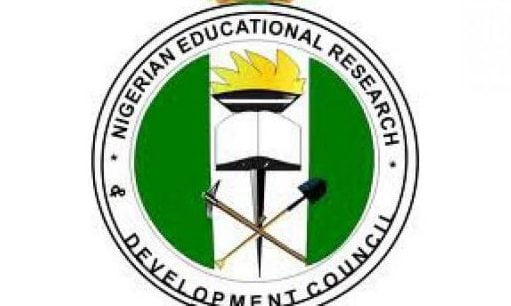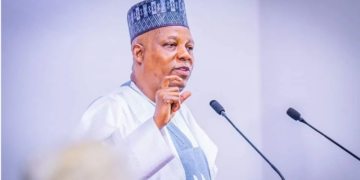Nigerian Educational Research and Development Council (NERDC) and other stakeholders in the education sector yesterday brainstormed on opinions, and inputs suggested in the design of the architectural framework for the review of the Senior Secondary Education Curriculum (SSEC) in Nigeria.
According to the acting executive secretary, NERDC, Dr Margret Lawani, said Nigeria has set a new developmental policy agenda and milestones including strong commitment to achieve the 2030 education agenda as encapsulated in the Sustainable Development Goals (SDGs).
She disclosed this at the Stakeholders Dialogue and High Level Policy Committee Meeting for the review of basic education curriculum in Abuja, noting that the current basic education curriculum can no longer meet the needs of the present generation after 12 years of its development and therefore calls for a review.
“We recognise that the curriculum is an outcome of the decisions of the people as to what knowledge, skills, values and competencies students should learn in school for them to live and meaningfully contribute to the development and growth of society.
“In order to ensure that the curriculum truly reflects the needs and ambitions of all Nigerians, the Nigerian Educational Research and Development Council (NERDC) has brought in a number of new initiatives that aim to ensure inclusivity and democratization of the curriculum review process.
“This meeting is one of such initiatives aimed at collating the views and inputs of critical stakeholders towards the design of a qualitative curriculum for basic education in Nigeria,” she said.
She informed that the current curriculum review-drive is aimed at designing a globally competitive competency and outcome-based curriculum that will take care of critical emerging issues and provide the platform to instil the 21st century skills in the learners.











